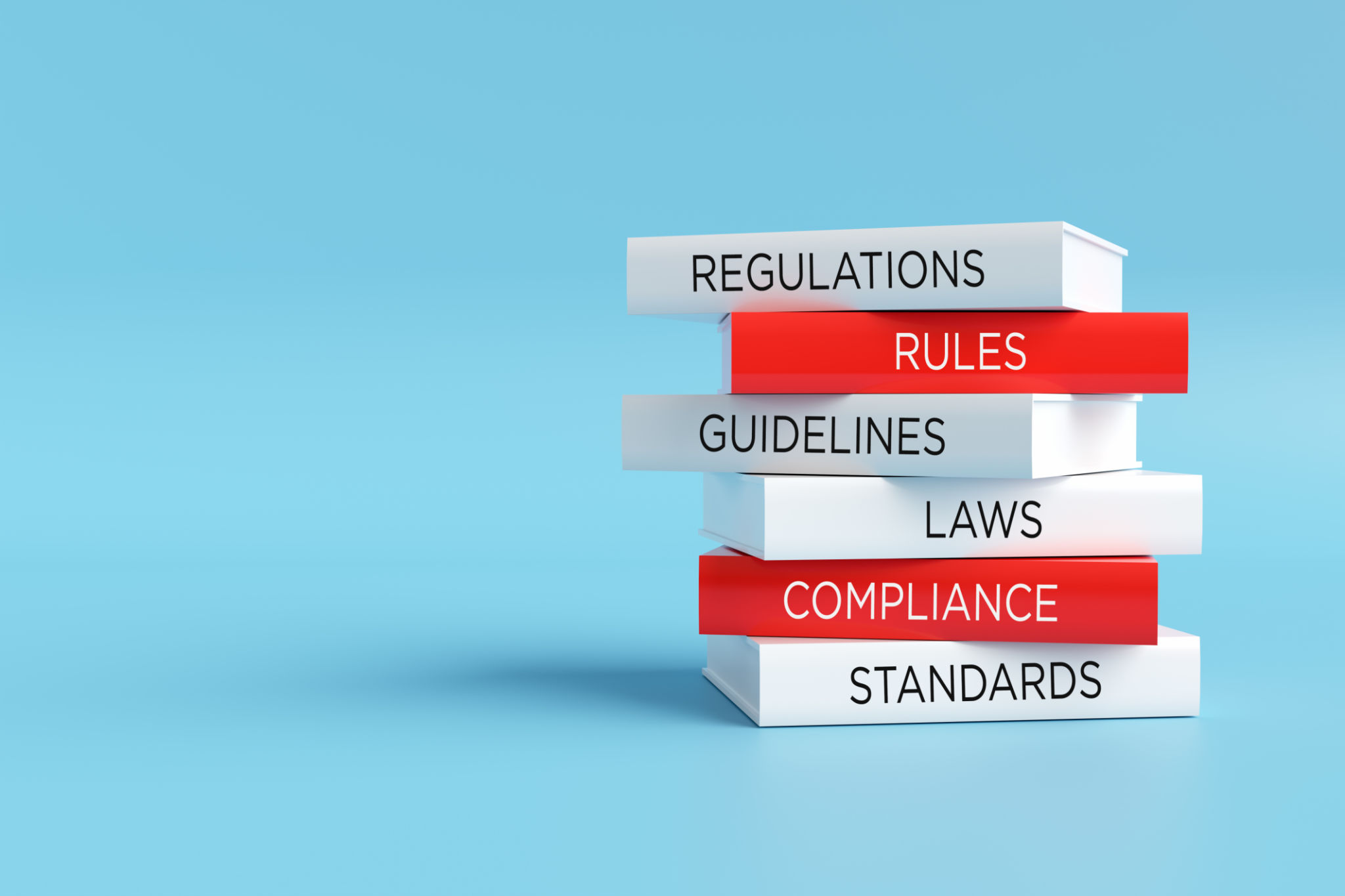Navigating Compliance Challenges in Luxembourg's Asset Management Sector
Understanding the Regulatory Landscape
Luxembourg has long been a premier destination for asset management due to its favorable regulatory environment and strategic location in the heart of Europe. However, navigating compliance challenges in this sector requires a thorough understanding of the local regulatory framework. The Commission de Surveillance du Secteur Financier (CSSF) is the primary regulatory body, ensuring that asset management firms adhere to both national and EU regulations.
One of the key challenges is keeping up with the evolving regulatory landscape. The CSSF frequently updates its guidelines to align with European directives such as MiFID II, AIFMD, and UCITS V, which aim to enhance transparency and protect investors. Staying informed and agile is crucial for firms to remain compliant and competitive.

Key Compliance Challenges
Asset managers in Luxembourg face various compliance challenges, including data protection, anti-money laundering (AML), and reporting requirements. Data protection is particularly important, with firms needing to comply with the General Data Protection Regulation (GDPR), which imposes strict rules on data handling and privacy.
Anti-Money Laundering (AML)
AML regulations require asset managers to implement robust systems to detect and prevent money laundering activities. This involves conducting due diligence on clients, monitoring transactions, and reporting suspicious activities to authorities. Failure to comply can result in hefty fines and reputational damage.

Effective Compliance Strategies
To effectively navigate these compliance challenges, asset managers should develop comprehensive strategies that encompass regular training, technology adoption, and collaboration with experts. Regular compliance training ensures that employees are aware of the latest regulations and understand their roles in maintaining compliance.
Leveraging Technology
Technology plays a crucial role in streamlining compliance processes. Automated systems can help with data analysis, transaction monitoring, and reporting, reducing the risk of human error. Investing in technology not only enhances compliance but also improves operational efficiency.

The Importance of Collaboration
Collaboration with legal advisors and compliance consultants can provide invaluable insights into the regulatory landscape. These experts can guide asset managers through complex regulations, helping them implement effective compliance frameworks. Building a strong relationship with the CSSF can also facilitate smoother regulatory interactions.
Asset management firms should also engage with industry associations and forums to share best practices and stay updated on regulatory developments. This collaborative approach ensures that firms are well-equipped to handle compliance challenges.
Conclusion
Navigating compliance challenges in Luxembourg's asset management sector requires a proactive approach that combines knowledge, technology, and collaboration. By staying informed about regulatory changes and adopting effective strategies, asset managers can ensure compliance while continuing to thrive in this competitive market. As the regulatory environment evolves, those who adapt quickly will maintain their edge and protect their reputation.
